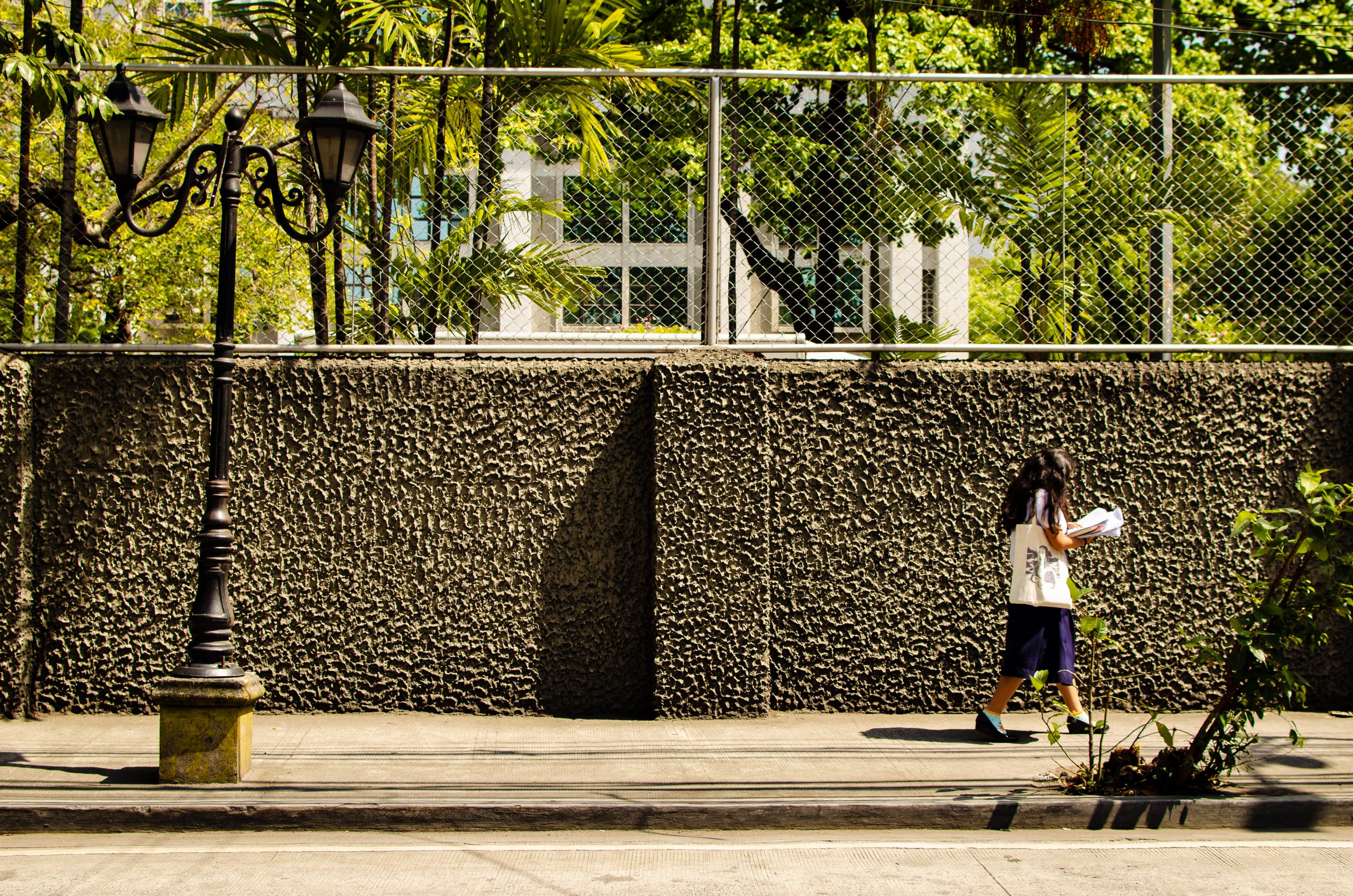
MOST OF the programs under the Faculty of Arts and Letters (AB) intend to conduct limited in-person classes in the coming term, drawing disappointment from students pushing for full onsite learning.
The University has announced that the enriched virtual mode is still the “default mode” of learning instruction for this term.
However, academic units were allowed to decide on the learning modality they would adopt.
Of the 13 AB programs, nine are planning to hold face-to-face classes this term namely Journalism, Behavioral Science, Communication Arts, Creative Writing, Economics, English Language Studies, History, Literature and Sociology.
Three other programs, namely Asian Studies, Legal Management and Philosophy intend to apply for in-person learning next term. The Political Science program will continue to hold virtual classes during the entire academic year.
While students welcomed the resumption of in-person classes, others are pushing for full face-to-face learning, claiming the quality of education suffered during the online set-up.
Artlets Student Council (ABSC) president and Central Board secretary Kim Czaccei Dacanay urged the University to conduct on-site learning for all AB programs due to what she called the “decline of the quality of education.”
“Online learning is not for everyone, and let us not forget that before the pandemic, homeschooling was a privilege; it’s a luxury, and now we are forced to accept that kind of setup. It’s not fair,” she said.
Dacanay said she was “dissatisfied” with the University and the AB faculty’s handling of the back-to-school campaign, saying the administrators should have begun planning the face-to-face classes earlier this year.
“They should not have waited until July because until now, there has been no centralized response from the UST itself,” the ABSC president said.
Dacanay called for the issuance of centralized guidelines or a unified memorandum that would reflect the University’s policy on F2F classes instead of having “highly divided decisions.”
Journalism Society external vice president Jose Gabriel Ignacio also favors holding face-to-face classes, saying other schools are already doing it.
“I really don’t get why we can’t keep up. As long as all students who will be entering the campus are fully vaccinated and with booster shots preferably, I think we are safe to have in-person classes this year,” he said.
Third-year journalism student Arien Cherise Malonzo questioned the University’s decision not to conduct full-fledged onsite classes, citing the importance of the physical presence of students inside the classroom.
“If other schools and universities have begun implementing full-fledged F2F classes, I think UST can do that too… Also, if the university is doing the in-person activities again, it just means that they can accommodate the re-opening of the physical classrooms,” Malonzo said.
Still effective?
Creative Writing program coordinator Asst. Prof. Joselito Delos Reyes said not everything should be dependent on classroom engagements.
“In which case, though (a) poor alternative, (interactions) will work with Zoom or Google Meet. Extracurricular activities, classmate banters, and organization meetings are still effective (in online learning),” Delos Reyes told The Flame.
The Department of Health announced last week that Metro Manila would still be under the most lenient Alert Level 1 until Aug. 15. All businesses and activities in areas under this status are permitted to operate in full capacity as long as they adhere to the minimum public health standards.
The Commission on Higher Education (CHED) has said it would not require schools to adopt onsite learning.
‘Still unsafe’
Ensuring the safe return of students is still a challenge for administrators as AB did not receive CHED’s safety seal.
While not required to conduct face-to-face classes, the safety seal would have given AB a 10-percent increase in venue capacity.
Delos Reyes said the full opening of in-person classes should be taken with a “conservative approach,” emphasizing the unpredictability and possible threats of the COVID-19 pandemic.
“It is still unsafe; it has been commonplace for several UST professors to be positive and exhibit symptoms of the infection and the situation is still erratic,” Delos Reyes said in an email.
Delos Reyes added that students and professors who live outside Metro Manila face other uncertainties aside from health hazards inside the campus.
“There are many complications in ensuring safety. Ancillary to that are the facilities. Then, of course, there are factors outside the campus (such as the) hazards of public transport and the worsening traffic,” he said.
Due to the ongoing COVID-19 threat, Modern Languages program chair Asst. Prof. Abigail T. Pagalilauan said there is “no need for any student to be in a rush to get back to normal.”
“We are still in a pandemic. We can’t totally re-open everything and accommodate (all students) to be on campus for face-to-face teaching and learning… there are procedures to follow (for face-to-face classes), and UST religiously follows CHED orders,” she said.
The University is “doing its best” to conduct face-to-face classes like the selected health sciences-inclined programs that had onsite learning last year, she added.
In 2021, CHED granted the University the certificates of authority to reopen the campus for the conduct of limited face-to-face classes of some programs in the Faculty of Medicine and Surgery, College of Nursing, Faculty of Pharmacy, College of Rehabilitation Sciences and College of Science.
Pagalilauan backed AB’s decision to continue with hybrid teaching and learning, saying it would allow other academic units to use the physical facilities of the building.
Most courses in AB are non-lab courses and it would still be practical to teach them online, she added.
“I still trust the platform of our cloud campus. The University keeps on upgrading new features of our platform. Actually, we, the academic staff, regularly attend training for our online classes. The University invests a lot in this,” Pagalilauan said. F – Axel Aldana with reports from Vanessa Noriko Yap, Maria Michaela Nabaza, Karen Renee Nogoy, and Nillicent Bautista




[…] Seven other programs of the faculty intend to adopt onsite learning this term namely Behavioral Scie… […]